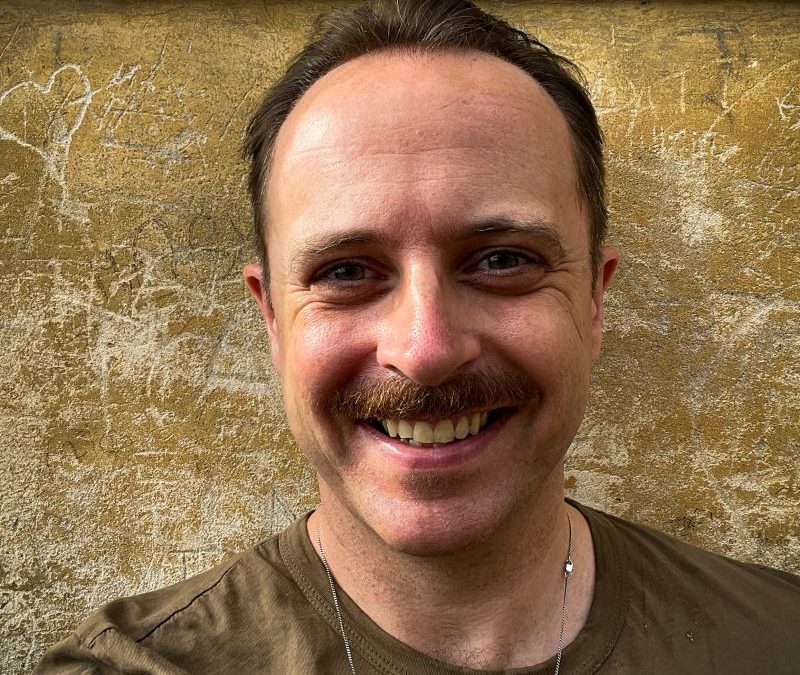It’s #WorldMentalHealthDay this weekend, and this is what mental illness looks like. I know, right? Downright gorgeous…🥸
Let’s break the stigma. A lot of us have an idea in our heads of what someone living with mental illness looks like, and it’s not entirely positive. But I would LOVE to have somebody living with, say, anxiety and depression on my team, any day of the week. Why?
Well, thanks to winning the genetic lottery and surviving a couple of Adverse Childhood Experiences, I’ve struggled since I was a teenager with serious depression, including 💊 medication and a nasty trip to the emergency room 🏥. I’ll spare you the details but there are a few gaps on my resume if you look for them hard enough. And yet, at the same time, I’ve tended to overachieve in professional settings. That’s right. I win ALL THE PRIZES.
Why? Because people like me over-analyze everything. We ruminate for decades over things most people would think are unimportant. And when it comes to learning from our mistakes, boy, do we ever do that, because often, we’ll reflect on those, too, for way longer than other people! Those deep analytic, processing and learning abilities can be a true asset when they’re turned outwards into meaningful work. Sure, they can be self-destructive and exhausting when they’re turned inside in our personal lives. And we do sometimes need a few days off. But learning to live with mental illness means you must develop coping strategies that advance #resilience. And it is very good for organizations to have somebody like us around.
Likewise, if we’re shown kindness and understanding, people who live with mental illness can be the most loyal members of your teams. If you give us a break when we’ve driven ourselves too hard, or are too self-critical, or if you understand when we suddenly react from a different place, then we’ll be grateful for it. Because there’s a lot of stigmas out there. And people aren’t always kind. In fact, people are often quite unkind. Which is why I place such emphasis on #kindness in professional settings.
I once worked with somebody going through a depressive episode and they asked during a few meetings, “why are we even doing this work?”
It was a great question. Sure, it was coming from a depressive place, and they did benefit from taking some time for themselves. But it also helped us, as a team, to process whether we were prioritizing the right stuff. And honestly, I’m grateful the person was so open with their doubt because as a team it made us reach harder for relevance and connection in our work.
If you’ve seen the movie Melancholia, it’s so cool. Basically, Kirsten Dunst’s character suffers with depression but it’s a superpower. So: Happy #WorldMentalHealthDay to all my fellow superheroes out there. Likewise, let me know if you ever want to chat about any of this stuff. I’m open about my own struggles because it helps forge connections with others who might be reticent to chat. And isolation hurts.


